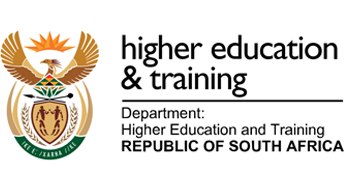News & Announcements

Introduction
The production of university graduates – and especially postgraduate students – is an essential component of the national system of innovation of modern industrialized societies. Such graduates have acquired the necessary knowledge and skills that underpin the modern knowledge economy and are able to produce new knowledge. In a globalized world their skills are in high demand, whether they are in engineering, ICT, medicine or the social sciences and humanities. It is generally recognized that South Africa does not have suffi cient numbers of highly skilled people in most professions, hence the priority given to a host of state department’s initiatives.
There is an even greater shortage of graduates at postgraduate level and recent initiatives, such as those by the Department of Science and Technology and NRF to accelerate the production of PhDs in the system, target this reality. High international demand for South African graduates, together with the continuing brain drain, provides an urgent imperative to increase the production of postgraduate students in order for the country to remain competitive and to be able to generate knowledge that is responsive to a wide range of societal needs. In this report we present the most salient fi ndings of a comprehensive statistical analysis of the state of PG-studies in South Africa. The results presented here reaffi rm the pressing need to prioritise the support and funding of greater numbers of PG students and to ensure that there is a clear, easily-accessible and sought-after transition from undergraduate to postgraduate studies at our higher education institutions.
The report is organized around six main themes:
- Growth in Enrolments and Graduations
- Completion Rates
- Demographics
- Pile-up Effects
- The Burden of Supervision
- Participation Rates








